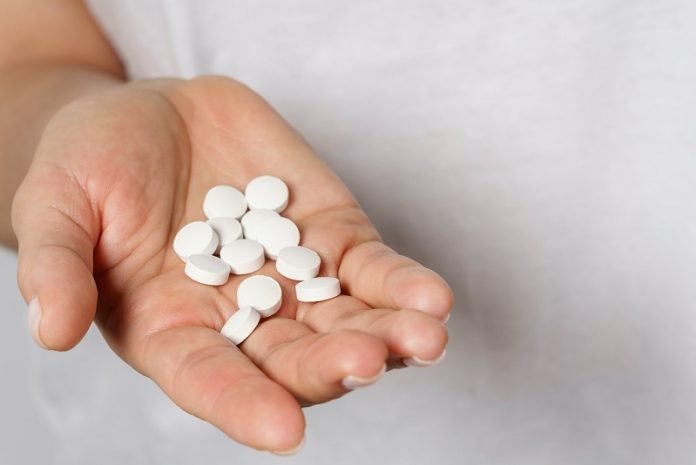
A recent study from Johns Hopkins University has found that rosuvastatin, a commonly used statin drug for lowering cholesterol, may have harmful effects on the kidneys, especially at higher doses.
Rosuvastatin has been shown to effectively lower high cholesterol levels, but reports linking the drug with signs of kidney damage, such as hematuria (blood in the urine) and proteinuria (protein in the urine), existed when the U.S. Food and Drug Administration first approved it.
However, post-marketing surveillance for assessing real-world risk of kidney damage caused by rosuvastatin has been limited.
To examine further, the researchers analyzed electronic health record data for 152,101 new users of rosuvastatin and 795,799 new users of another statin called atorvastatin from 2011 to 2019.
The patients were followed up for three years, during which time the researchers found hematuria in 2.9% of patients and proteinuria in 1.0% of patients.
Compared to atorvastatin, rosuvastatin was found to be associated with an 8% higher risk of hematuria, a 17% higher risk of proteinuria, and a 15% higher risk of developing kidney failure requiring replacement therapy such as dialysis or transplantation.
The risks of hematuria and proteinuria were higher with a higher dose of rosuvastatin.
Moreover, the study revealed that among patients with advanced kidney disease, 44% were prescribed a higher dose of rosuvastatin than recommended by the U.S. Food and Drug Administration for individuals with poor kidney function.
The researchers concluded that due to the increased risk of hematuria, proteinuria, and kidney failure with rosuvastatin use, high-dose rosuvastatin may not be worth the risk, even if small, particularly for people with advanced kidney disease.
However, the study also revealed that both rosuvastatin and atorvastatin showed similar heart benefits.
The study’s findings have important implications for medical practitioners and patients alike, particularly those with a history of kidney problems or those taking high doses of rosuvastatin.
The researchers suggest that regular monitoring of kidney function is essential for individuals taking rosuvastatin, especially those with advanced kidney disease.
Although the study has its limitations, such as being observational in nature, it adds to the existing evidence linking rosuvastatin with kidney damage.
Further research is needed to fully assess the risk of kidney damage associated with rosuvastatin use, and medical professionals need to be aware of the potential harm that the drug may cause to the kidneys.
Side effects of statins
Statins are generally safe and effective in lowering cholesterol levels and reducing the risk of heart disease.
However, like any medication, they can have side effects. Some of the most common side effects of statins include:
Muscle pain and weakness: This is the most common side effect of statins, and it can occur in up to 10% of people who take them. The muscle pain can range from mild to severe and may be accompanied by weakness or fatigue.
Liver damage: Statins can cause liver damage, although this is rare. Your doctor may monitor your liver function with blood tests if you are taking statins.
Digestive problems: Statins can cause nausea, constipation, diarrhea, and other digestive problems. These side effects usually go away on their own over time.
Memory loss and confusion: Some people have reported memory loss, confusion, and other cognitive problems while taking statins. However, there is no conclusive evidence that statins cause these problems.
Increased blood sugar levels: Statins can increase blood sugar levels in some people, which can increase the risk of developing type 2 diabetes. However, the benefits of statins in reducing the risk of heart disease may outweigh this risk.
Skin rash: Some people may develop a skin rash or other allergic reaction to statins.
The research was published in the Journal of the American Society of Nephrology and conducted by Jung-in Shin et al.
If you care about kidney health, please read studies about drug that prevents kidney failure in diabetes, and drinking coffee could help reduce risk of kidney injury.
For more information about kidney health, please see recent studies about foods that may prevent recurrence of kidney stones, and common painkillers may harm heart, kidneys and more.
Copyright © 2023 Knowridge Science Report. All rights reserved.



